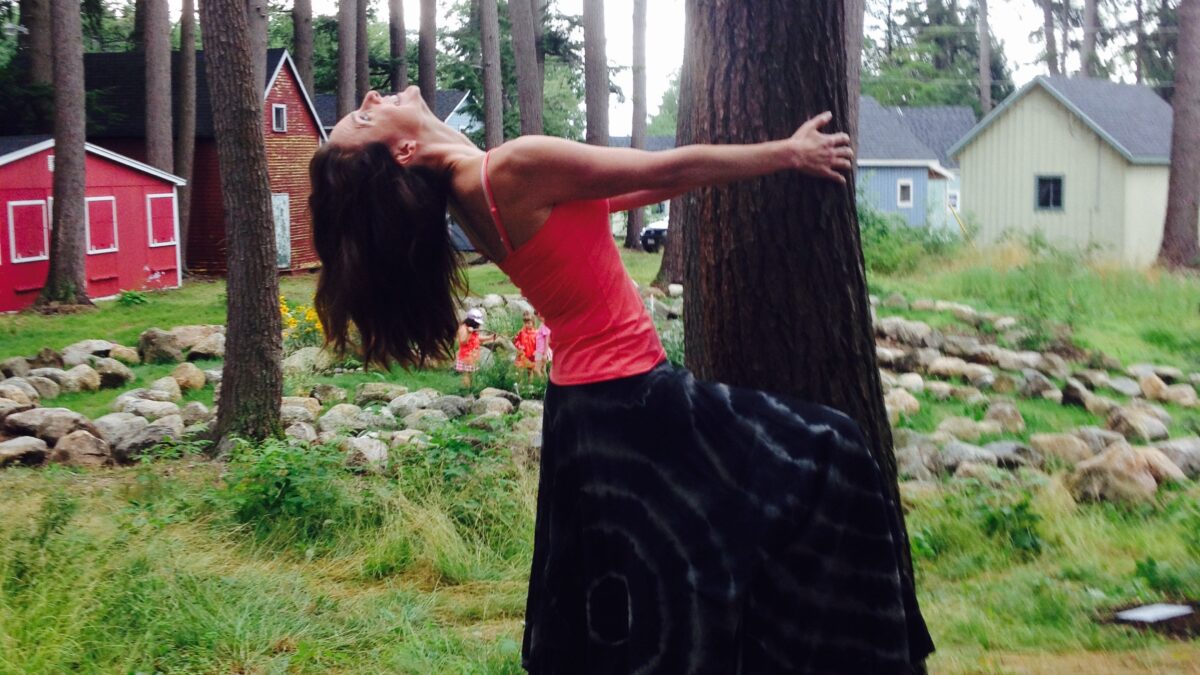Ask the therapists: Corona

With all this talk and news of the corona virus, I find myself living in state of panic. I wake up in the middle of the night, fearing for my family and my parents. I have been told I tend to be a hypochondriac, so I might be overreacting, but I’m at the point of considering wearing a mask around town. I want my family to do the same, but my husband thinks I’m nuts. How can I deal with this in a sane way?
Blair
Thanks for writing in, we’re all in this together. I’ll start by clarifying that we’re not qualified to discuss details about the nature of the virus, but we do have expertise in helping you deal with the uncertainty of life. There is no doubt that this is indeed a serious situation in everyone’s life. With Japan closing schools for a month and China and Italy isolating whole communities, we have reasonable cause for concern, so your thoughts are valid.
What we do have to watch, however, is the tendency to indulge in catastrophic thinking. Mark Twain said it well when he wrote, “My life has been filled with terrible misfortunes, most of which have never happened.” We can spend so much of our time ruminating about what might happen that we end up living in a constant state of panic that’s not only unnecessary, but unhelpful.
As we’ve said in previous columns, what you’re experiencing is a very old instinctual reaction to a threat. Your tendency to lean into the worst-case scenario, and recite Chicken Little’s famous statement, “The sky is falling, the sky is falling!”, is a very savvy coping mechanism that has enabled humanity to exist for hundreds of thousand years and outlive many other species. Afterall, if your ancestors hadn’t held a keen ear to the bushes and moved to higher ground in the presence of a threat, they wouldn’t have survived. While it served us well when we were hunters and gatherers, this state of high alert doesn’t always serve us today. In fact, the chronic stress that we inflict on our systems by constantly worrying about the sky falling can have way more devasting effects on your health than any virus!
What we want to do in a situation like this is calm the amygdala in the brain, where the fight/flight/freeze reaction is activated. We’ve already taken the first step by becoming aware of our instinct to over-exaggerate potentially concerning situations. Secondly, we can help ourselves stay rational by informing ourselves of reality through evidence-based websites, such as Health Canada, to get updates on the severity of the situation. While it’s important to stay informed, also be aware of the obsessive tendency to dial into the news and watch the same update all day long (which is not relaxing). Health Canada most recently posted that the current risk is low in Canada, so let’s allow that to alleviate our concerns. Thirdly, we can help ourselves to stay tapped into the logical mind by staying in the present moment as much as possible. A regular mindfulness practice of pausing to fully experience and enjoy the present moment will be crucial for your mental-emotional wellbeing moving forward.
Remember that nothing lasts forever, and this too will pass.
Jenny
I have learned over the years of healing my pattern of disassociating from my body, that movement guided by the breath is one of the most effective tools for staying calm and present. But what’s the first thing to go when we feel uncertain or anxious? The breath, and that’s exactly what leads to more angst and panic. So, I invite you to take a few minutes, sit tall yet in a relaxed way, and allow your attention to follow your breathing. Just simply watch your breath flow in and out, like waves of the ocean soaking the shoreline and then receding. If your breath feels stuck or constricted, invite your body to soften in order to welcome the breath more deeply into and out of your body. Continue with this exploration of your breath for a few minutes and then carry on with your life. I take these ‘Breathing Space’ breaks about every hour throughout my day, which helps to release holding patterns and reminds me to let it flow.
Next, let’s target the most common area of stress related tension, which lies in the neck. Sitting or standing, take a deep breath in and shrug the shoulders up beside the ears, tightening the neck muscles for about three seconds and then exhale and let the shoulders drop. Do this two to three more times and notice how tightening and releasing a muscle can leave you with a new state of relaxed awareness.
Finally, there’s nothing better than a brisk walk outside, beneath the big blue sky, within the elements of nature to expand our perspective and remind us of the beauty of life. As you walk, recite on the inhalation “I am” and on the exhalation “Safe, or at peace”, or, as my mom always reminds me, “All will be well”. This will help to soothe your worries and allow you to enjoy this once in a lifetime precious moment.
